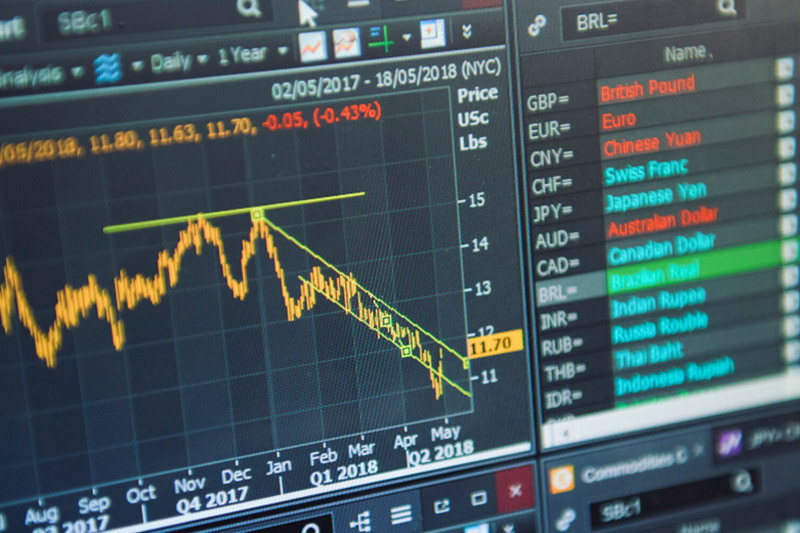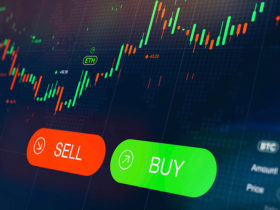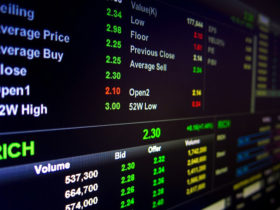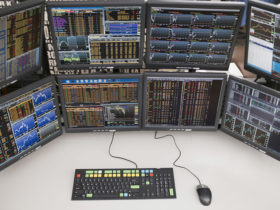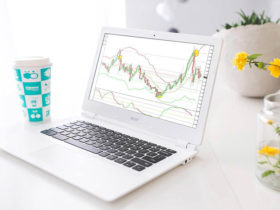Derivatives options can be complicated to define, why? First, we need to know the meaning of derivative. Basically, a derivative refers to the financial agreement that has its value resoluted from the price of particular asset, product, rate, index or the happening or impact of an event. Derivative itself comes from the way in which the value the agreements are derived from the cost of the item of significance.
There are many known examples of derivatives such as derivatives options, futures, swaps, forwards, and all of which can be joined with traditional securities and loans. Such create structured securities and are commonly referred to as hybrid instruments.
How are we going to set the difference between derivatives options and other derivatives? Let’s start with the futures. The future contracts, commonly traded on the majority of organized exchanges, are so highly standardized that’s why they are given the label of fungible. This means that they can be easily substituted from one to another. Fungibility is a good aspect since it promotes trading, yielding a larger trading volume in addition to greater market liquidity. Futures contracts and forwards can be similar in some ways with the exception, as what we said, that they are very standardized.
We may now define Forward deals and differ it from derivatives options. Forward deals are provided insurance against the option that exchange rates will fluctuate and in the end differ from what they are between the present and the delivery date of the contract. Unlike derivatives options, forward deals is a simple derivative because it is a financial agreement with its price rooted in another asset. The delivery price is the cost in a forward contract, giving permission to the investor to fix the current exchange rate. This in turn avoid changes in the forex exchange rates.
Derivatives options, futures and forwards differ, but basically, the last two contracts are extremely similar in nature. Nonetheless, they still have differences, and some of these are:
• Unlike derivatives options, forwards are known once the forward price is agreed upon on the beginning of the trade, whereas futures are also identified at the settlement price, which is got and fixed on the ending trading date of the contract.
• Financial gain or loss on forwards can only be identified at the time of settlement so the credit exposure can drastically increase.
• The credit risk of forwards is higher than that of futures.
• Derivatives Options allow investors increased flexibility
• Each forward is unique in composition so as the previously identified futures are highly standardized.
• Call derivatives options authorizes an investor without any obligation, to buy whatever asset at the strike price on a specific date.
• Derivatives options’ value depend on the fact that they allow investors whether to exercise a future contract or not.
• Forwards can be always traded over-the-counter but the futures, on the other hand, are always traded on an exchange.
• Derivatives options certainly cost more than futures contracts.
• In future agreements, margin requirements and periodic margin calls are brought about thus, with forward agreements no cash flows exist until the delivery date.
• In case of physical deliver, the forward agreement will always dictate whom should be receiving the delivery. The person receiving the delivery of a future contract can be anyone who is chosen by the exchange.
• Derivatives options holder inherits no obligation in buying or selling the asset at stake.
• The calculation of financial gain or loss on a futures position is in cash on a daily basis.
